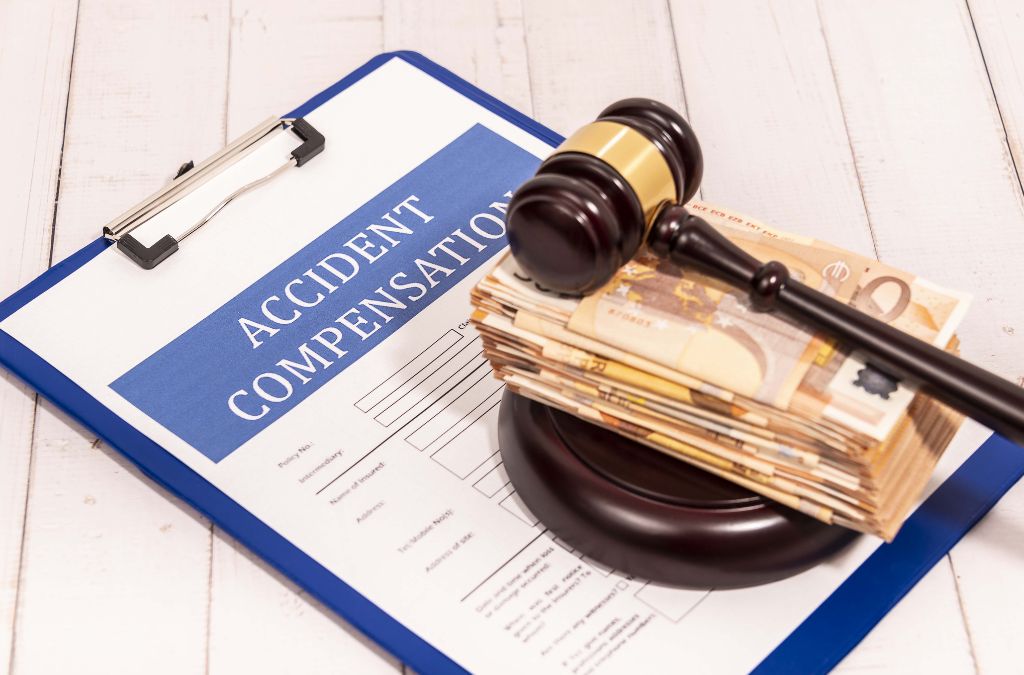-
Table of Contents
- Navigating Legal Waters: Choosing the Right Personal Injury Lawyer
- Understanding Personal Injury Law
- Qualities of a Good Personal Injury Lawyer
- Steps to Find the Right Lawyer
- Research and Referrals
- Initial Consultations
- Evaluate Experience and Success Rate
- Fee Structure
- Case Studies and Examples
- Statistics on Personal Injury Cases
- Red Flags to Watch Out For
- Conclusion
Navigating Legal Waters: Choosing the Right Personal Injury Lawyer
When faced with a personal injury, finding the right legal representation can make a significant difference in the outcome of your case. The process of selecting a personal injury lawyer involves several key steps and considerations. This article aims to provide a comprehensive guide to help you make an informed decision.
Understanding Personal Injury Law
Personal injury law encompasses a wide range of cases where an individual has been harmed due to the negligence or intentional actions of another party. Common examples include car accidents, medical malpractice, slip and fall incidents, and workplace injuries. The goal of personal injury law is to provide compensation for the injured party to cover medical expenses, lost wages, and other related costs.
Qualities of a Good Personal Injury Lawyer
When searching for a personal injury lawyer, certain qualities can indicate a higher likelihood of success in your case. These include:
- Experience: A lawyer with a proven track record in personal injury cases is more likely to navigate the complexities of your case effectively.
- Communication Skills: Clear and open communication is vital for understanding the progress of your case and making informed decisions.
- Reputation: Positive reviews and testimonials from previous clients can provide insight into a lawyer’s reliability and success rate.
- Resources: A well-established law firm with adequate resources can handle extensive investigations and expert consultations.
Steps to Find the Right Lawyer
Finding the right personal injury lawyer involves several steps:
Research and Referrals
Start by conducting thorough research. Online reviews, legal directories, and referrals from friends or family can provide a list of potential candidates. Look for lawyers who specialize in personal injury law and have a strong track record.
Initial Consultations
Most personal injury lawyers offer free initial consultations. Use this opportunity to discuss your case, ask questions, and gauge the lawyer’s expertise and approach. Pay attention to how well they listen and respond to your concerns.
Evaluate Experience and Success Rate
Inquire about the lawyer’s experience with cases similar to yours. Ask about their success rate and whether they have handled cases that went to trial. A lawyer with trial experience can be a valuable asset if your case does not settle out of court.
Fee Structure
Understanding the lawyer’s fee structure is crucial. Most personal injury lawyers work on a contingency fee basis, meaning they only get paid if you win your case. Clarify the percentage they will take and any additional costs you might incur.
Case Studies and Examples
Examining real-life case studies can provide valuable insights into the effectiveness of different lawyers. For instance, in a notable case, a pedestrian injured by a negligent driver received a substantial settlement due to the lawyer’s diligent investigation and negotiation skills. Another example involves a medical malpractice case where the lawyer’s expertise in medical law led to a favorable verdict for the plaintiff.
Statistics on Personal Injury Cases
Statistics can offer a broader perspective on personal injury cases. According to the National Center for Health Statistics, approximately 31 million people are injured across the United States each year, leading to around 2 million hospitalizations. The Insurance Research Council reports that the average compensation for personal injury claims is around $52,900, highlighting the potential financial impact of these cases.
Red Flags to Watch Out For
While searching for a personal injury lawyer, be aware of certain red flags that may indicate potential issues:
- Unrealistic Promises: Be cautious of lawyers who guarantee specific outcomes or make overly optimistic promises.
- Poor Communication: If a lawyer is difficult to reach or does not provide clear answers, it may indicate future communication problems.
- Lack of Transparency: A reputable lawyer should be transparent about their fees, experience, and approach to your case.
Conclusion
Choosing the right personal injury lawyer is a critical step in ensuring a favorable outcome for your case. By focusing on experience, communication skills, reputation, and resources, you can make an informed decision. Conduct thorough research, take advantage of initial consultations, and be mindful of red flags. With the right legal representation, you can navigate the complexities of personal injury law and secure the compensation you deserve.
